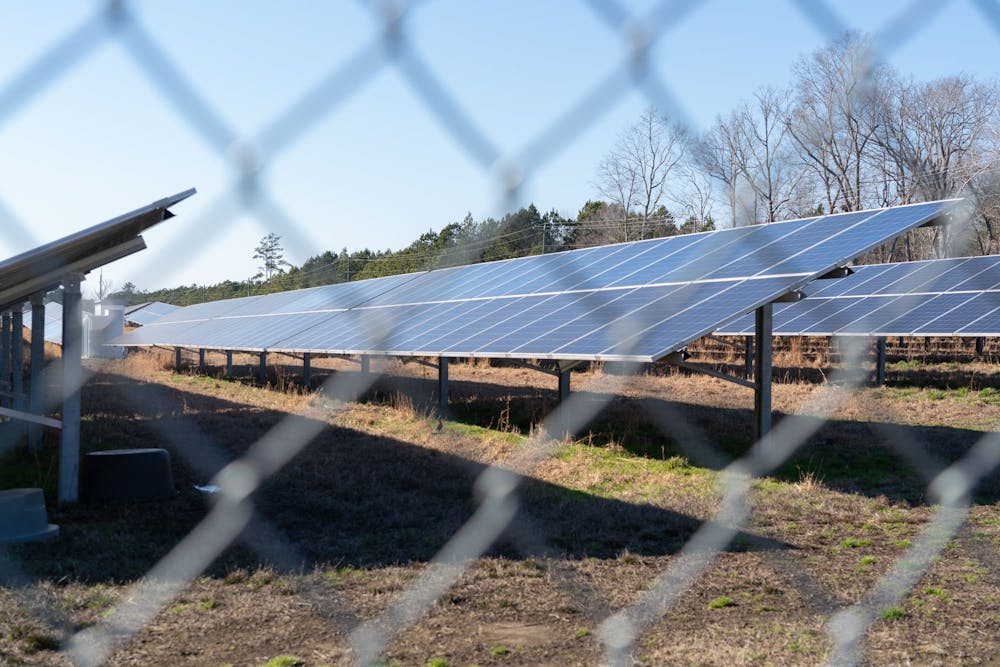Two local affordable housing nonprofits, EMPOWERment, Inc. and CASA, are embarking on their first solarization projects with the help of SolarEquity, a nonprofit and club at UNC that works to install solar panels on affordable housing developments.
The installation of a 10-kilowatt solar panel system can cost about $18,000 in North Carolina after tax rebates, according to EcoWatch, which may be unaffordable for some lower-income households. A typical 5.4-kilowatt installation would cost about $13,700.
“Because of the high upfront costs of renewable energy, low-income families have the least ability to do something about climate change,” Will Nichols, SolarEquity’s president and founder and a UNC junior, said. “So, it's a serious equity issue, in that respect.”
EMPOWERment, Inc. is currently raising funds for the Pine Knolls Empowerment Affordable Community Housing (PEACH) project in the historically Black Pine Knolls neighborhood of Chapel Hill.
The development, estimated to be completed in spring 2024, will consist of 10 individual units that will house people who earn less than 60 percent of the area median income.
It will likely cost $80,000 to $100,000 to add solar panels to PEACH apartments after tax rebates, according to Nichols. He said SolarEquity expects to hear back from five grants in the coming months. So far, SolarEquity has raised $7,500 for the PEACH apartments project, Nichols said.
“Although it’s quite a large project to embark on, we thought it’d be a really, really good goal,” Nichols said.
EMPOWERment, Inc. is helping SolarEquity raise money to solarize PEACH apartments, according to Executive Director Delores Bailey.
Nichols said EMPOWERment, Inc. plans to allocate $10,000 of its funding towards solar panels.



